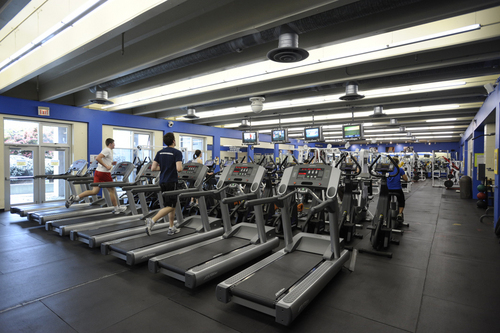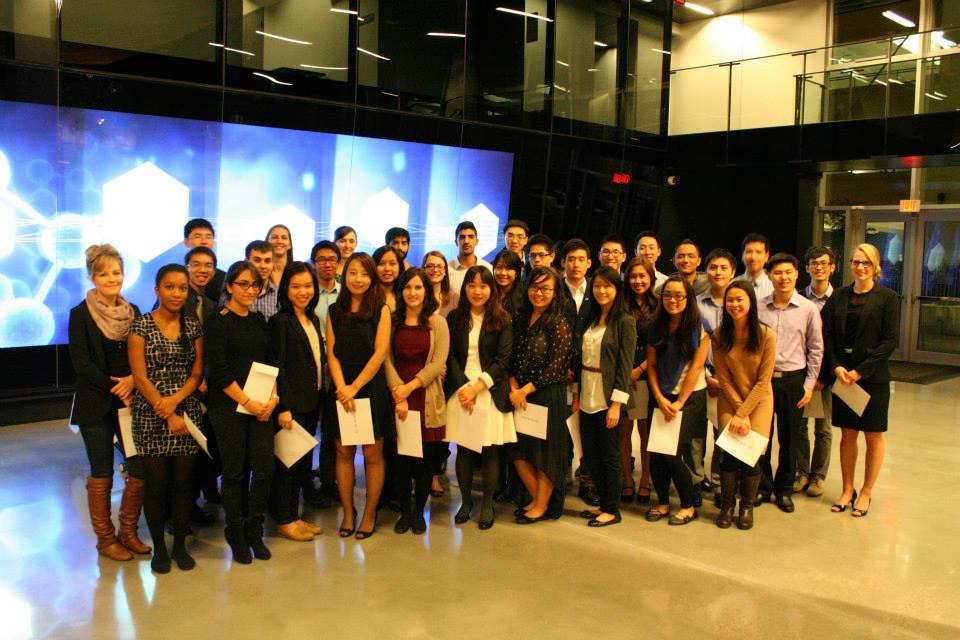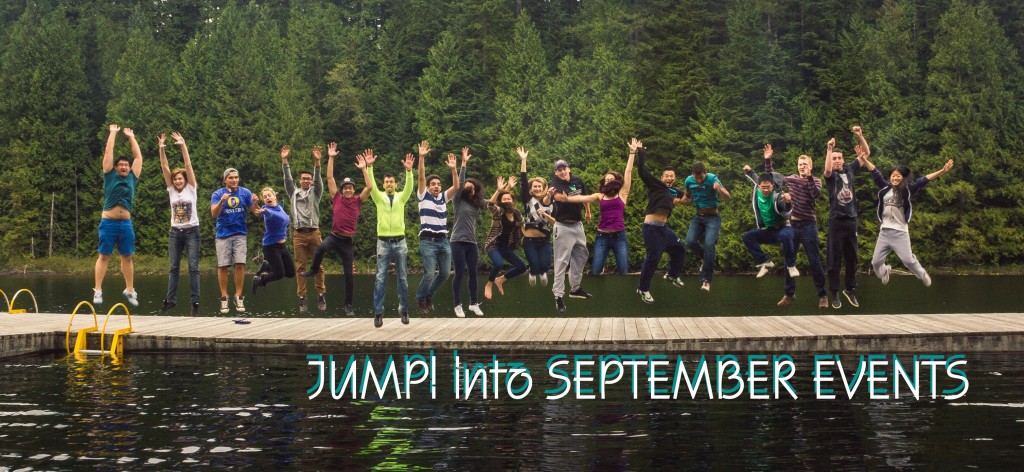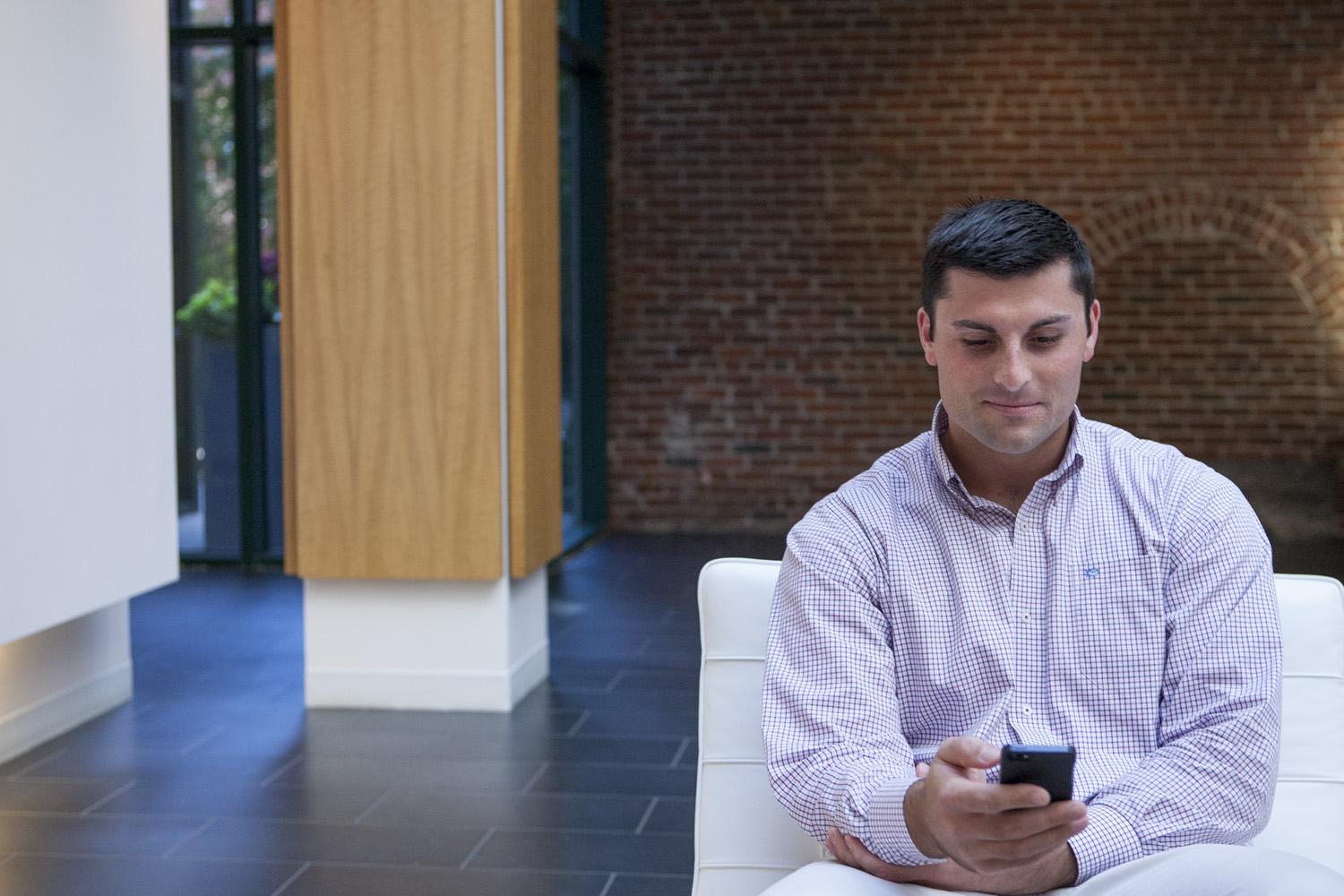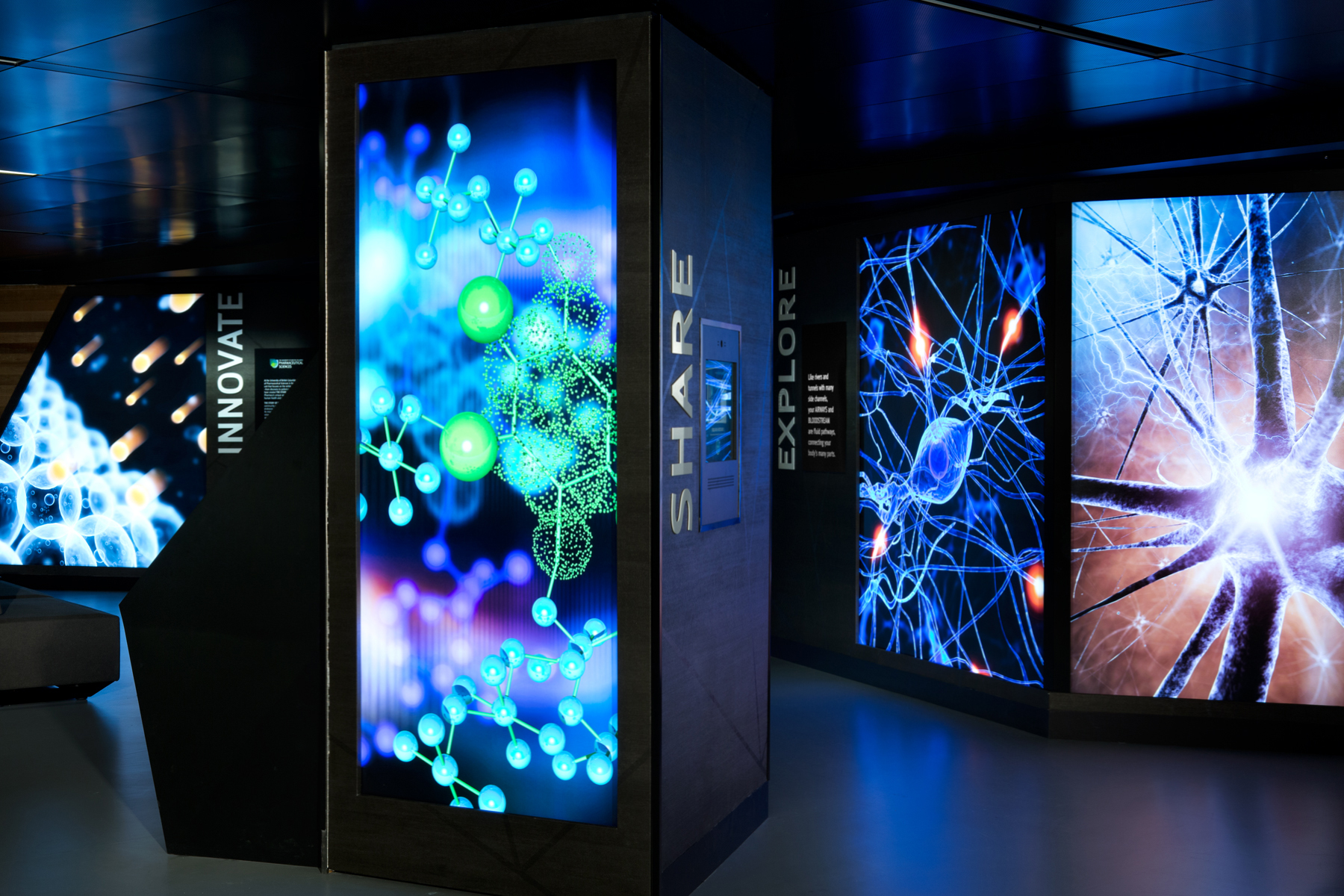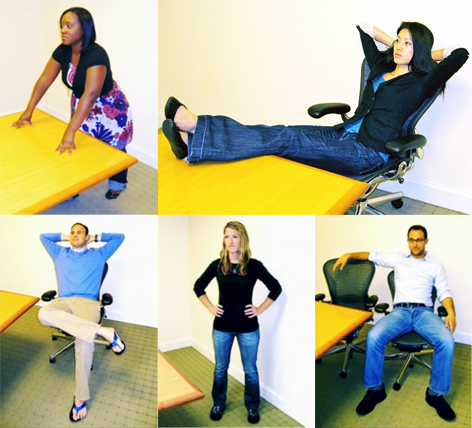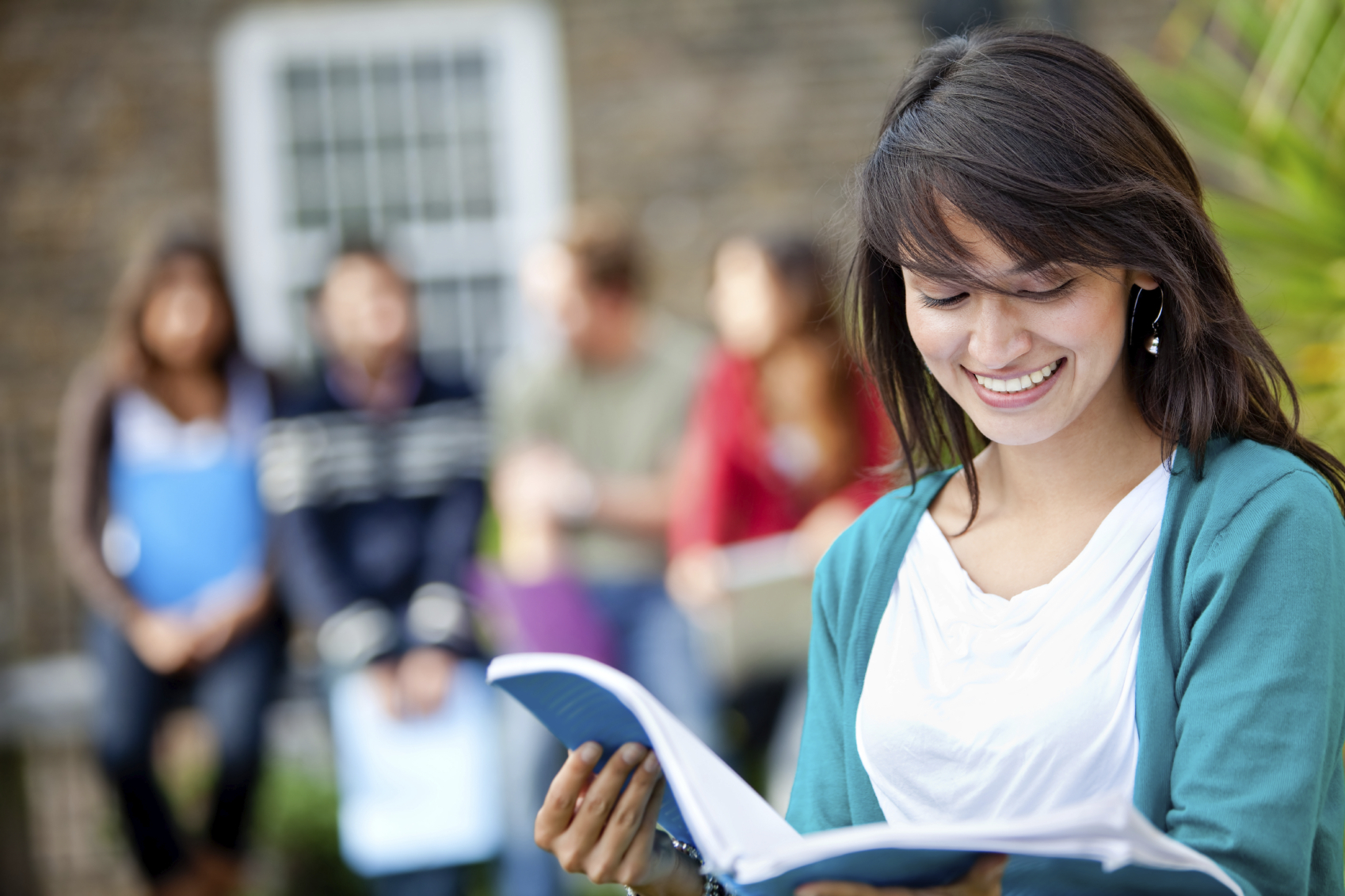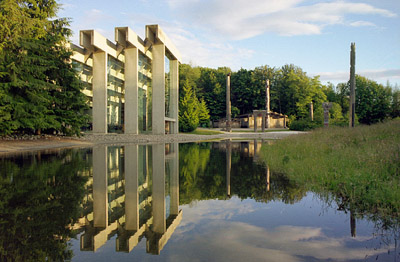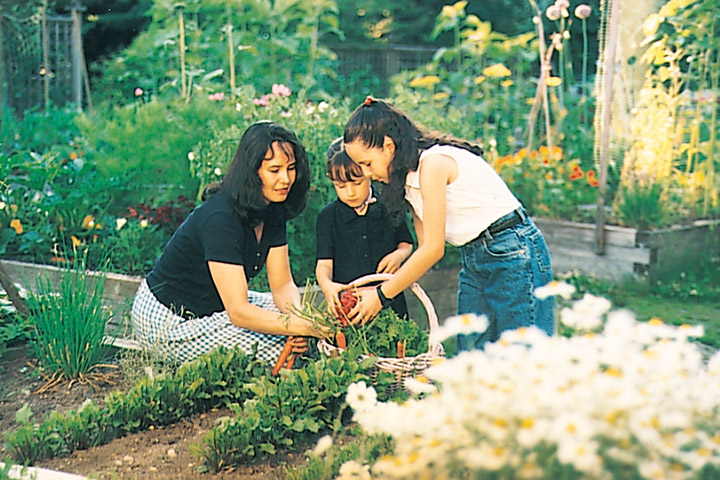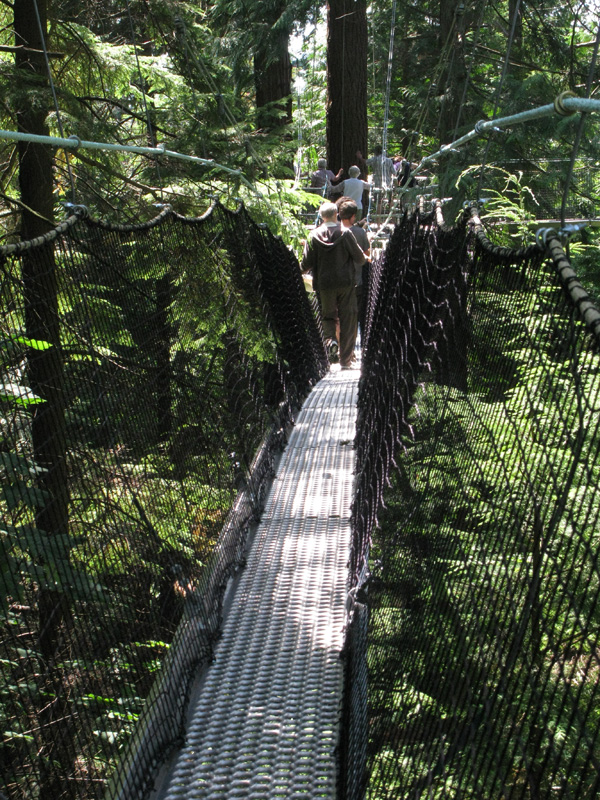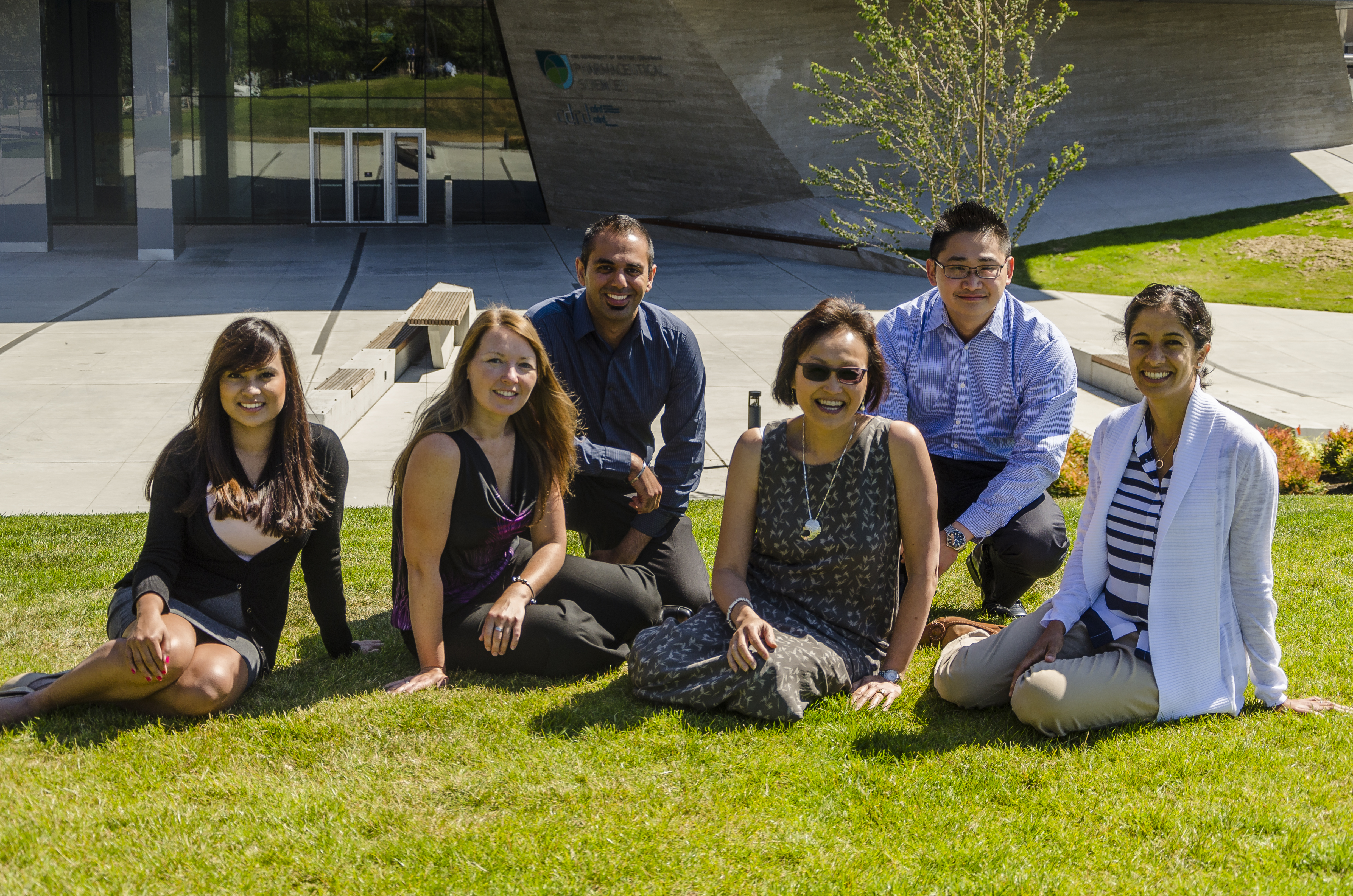We are continuing our three part Welcome Back series – this week, we are going to focus the most important aspect of university, academics.
With classes in full swing, and midterms quickly approaching, many students are starting to get back into the academic mode. This means finding a place to study on campus. While some people prefer their tried and tested study spots, other find it helpful to seek out new places to read over their lecture notes.
If you are looking for somewhere other than Koerner and Irving to study, here are a few options:
The Ridington Room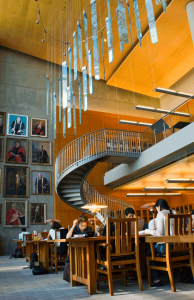
The real “Harry Potter” room at UBC, not the often assumed Chapman Learning Commons, this is perfect for getting work done. Spanning levels 3 and 4 of the North wing of Irving Library, it is a silent study space. The room is full of tall comfy chairs for if you just need to do some reading, or there are long wooden tables with warm glowing lamps that will inspire creative writing or problem solving. The outer wall is entirely glass, looking out onto the Arts students of Buchanan.
Basement of Woodward Library
While the main section of Woodward building is a popular study spot, especially during finals (as it is open 24/7), the basement of the actual Woodward Library is a underrated study spot. It maintains a relatively quiet noise level, but is not silent. My favourite part is that there are “study booths”, such as in a restaurant, making it easy and comfortable to study with a small group.
Forestry Building
If you are looking fo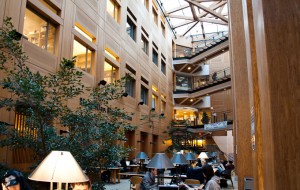 r a beautiful building to work in, this may be your winner. The Forestry building is appropriately a masterpiece of woodwork. The building is warm and inviting, with plenty of table space. Also, the building has its own Tim Horton’s, so there is easy access to study fuel. The only downside is that Forestry students can be quite protective of their building, so be respectful.
r a beautiful building to work in, this may be your winner. The Forestry building is appropriately a masterpiece of woodwork. The building is warm and inviting, with plenty of table space. Also, the building has its own Tim Horton’s, so there is easy access to study fuel. The only downside is that Forestry students can be quite protective of their building, so be respectful.
Honorable Mentions go to the Law Library, the Life Sciences Building, and the Xwi7xwa Library.
Booking a Study Room
While public study spaces can be great for getting work done, if you are working on a project or are holding a study group, you may want to book a study room. Irving, Koerner, and Woodward each have rooms that can be booked by students as a study space. Bookings tend to fill up during exams, with Irving always being the most popular, but you can usually find a space in Woodward Library. Some of the benefits of study rooms is that you can speak a little louder, there are often plenty of outlets, and there is usually a whiteboard (or chalkboard) for you to write down ideas/problem solve.
Another option is to book a space in the Pharmaceutical Sciences building. Most meeting spaces are exterior facing, giving you a beautiful view while your group studies. Plus, you can go straight from class to a meeting space, if you would like. The Pharm Sci Building Room and Space booking form can be found here.
Check out our previous blog posts offering great study tips here and here. What is your favourite place to study on campus? Tell us in the comments below!
– Sukhman Perhar, Communications and Marketing

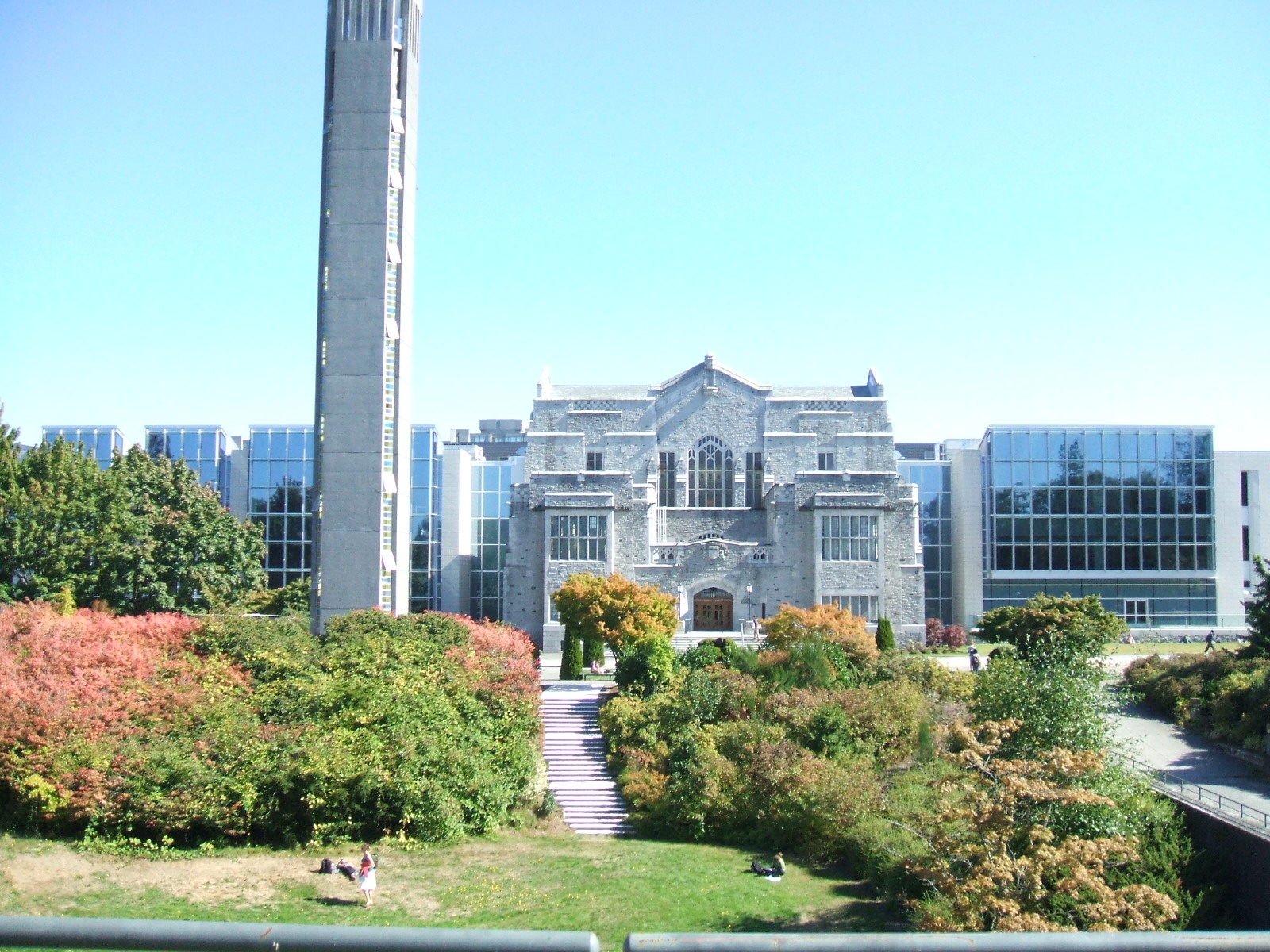
 Follow
Follow